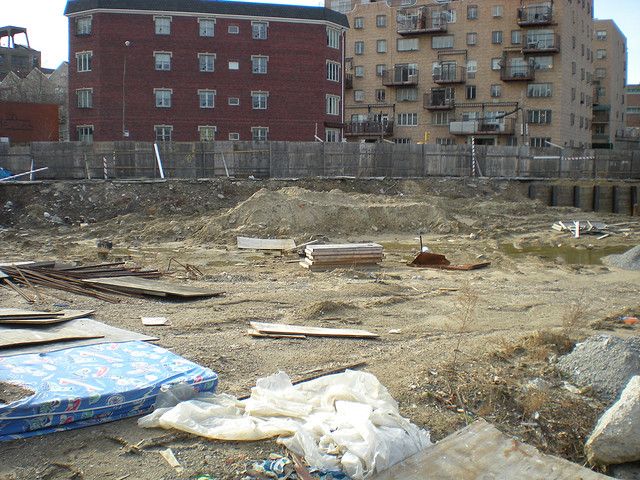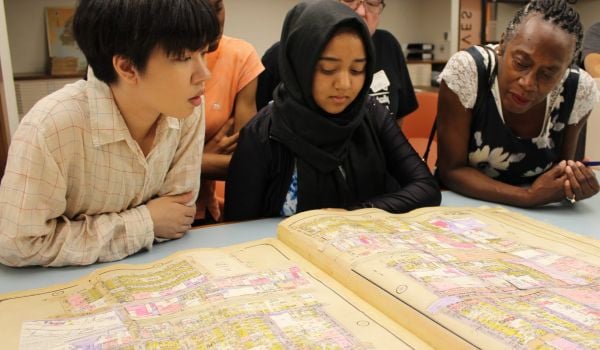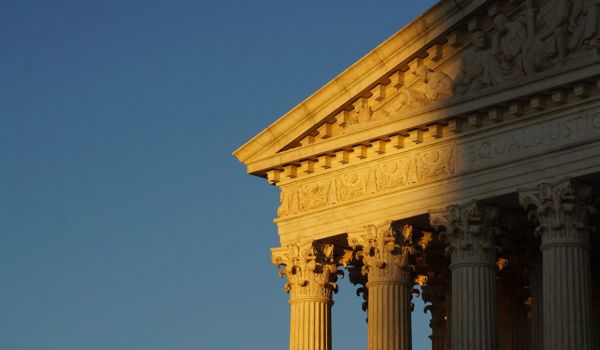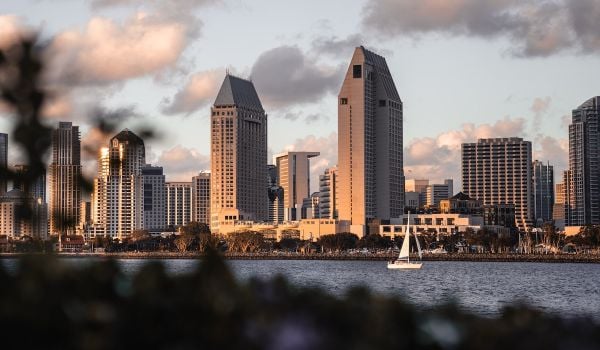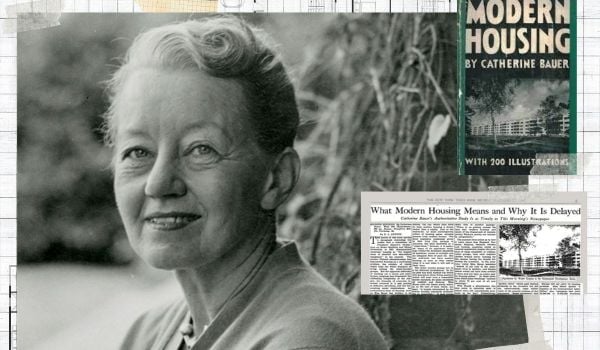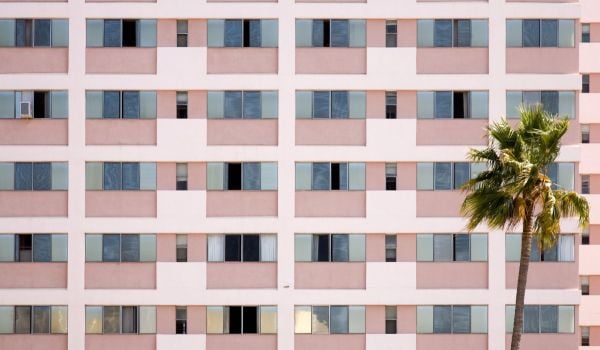This piece originally ran on The New York World
Manhattan State Supreme Court judge has halted a city-sponsored affordable housing development planned in Brooklyn, asserting it illegally excludes prospective black and Hispanic occupants. The ruling challenges the city’s routine practice of offering preferences for scarce low-cost apartments to residents of the community district hosting the project.
Judge Emily Goodman granted a preliminary injunction on Wednesday against the city’s Department of Housing Preservation and Development, more than two years after a coalition of black and Hispanic Brooklyn residents filed suit alleging discrimination and seeking to halt the project, known as Broadway Triangle. Judge Goodman ruled that HPD violated the federal Fair Housing Act in failing to take appropriate measures to prevent segregation in an already racially divided area of Brooklyn, on the border of majority–African American Bedford-Stuyvesant and majority-white Williamsburg.
In her decision favoring the Broadway Triangle Community Coalition, Judge Emily Goodman rejected the city’s claim that blacks opt not to live in Williamsburg as a matter of personal preference as opposed to biased housing practices that exclude them. “There is absolutely no evidence indicating that black applicants desire to avoid living in that area,” Judge Goodman wrote. “Any offense taken by the suggestion would be easily understood, especially when taken together with Defendants’ admitted failure to consider racial impact in their plan.”
In 2006, the city initiated a major transformation of the Broadway Triangle Urban Renewal Area, a 31-acre, formerly industrial zone surrounding an inoperative Pfizer plant. The City Council approved the rezoning of nine blocks, or approximately 18 acres, of City-owned property to be developed as low-rise residential housing in December 2009. The agency selected United Jewish Organizations of Williamsburg and Ridgewood Bushwick Senior Citizens Council to build affordable housing in the area. In the groups’ accepted proposal, they agreed to develop nearly 200 apartments at three of the sites, which would account for 40 percent of the affordable housing in Broadway Triangle.
Community members repeatedly alerted the city to their concerns that the housing plan was exclusionary. A meeting held between the Broadway Triangle Community Coalition and HPD to address these concerns in June 2008 took place after the two developers had already received commitment letters from the housing department that made the developers eligible for millions of dollars in federal housing funds and low-income housing tax credits.
Holly Leicht, who was Deputy Commissioner for Development for the housing department at the time the agency awarded the development project, admitted in her testimony that the city failed to consider the racial impact of the housing plan, even though it is required to do so as recipients of federal funds.
In the plan blocked by the court, more than 40 percent of the apartments would have three or four bedrooms. Dr. Lance Freeman, a professor at Columbia University’s Graduate School of Architecture, Planning and Preservation, testified on the plaintiffs’ behalf that census data revealed the development plan favored the area’s Hasidic Jewish community to the detriment of other residents in the area. According to the numbers, while approximately 9,000 Yiddish-speaking people living in Williamsburg and Bedford-Stuyvesant had a household size that warranted large apartments, ten times that many blacks and Hispanics in the area had a household size that would make a small apartment the appropriate choice.
The city also gave preference to residents of Community Board 1 – covering Williamsburg and Greenpoint – for half of the Broadway Triangle apartments, while granting no preference to residents of Bedford-Stuyvesant’s Community Board 3, just across Flushing Avenue from the planned development. Freeman testified that as a result of the preference, just 3 percent of residents in the new housing were likely to be black, even though African Americans comprise nearly 80 percent of the population in neighboring Bedford-Stuyvesant.
Judge Goodman scolded city officials for failing to conduct an analysis of the racial impact of its preference favoring Community Board 1 residents. “There can be no compliance with the Fair Housing Act where Defendants never analyzed the impact of the community preference,” she wrote in her decision. The judge added that she disagreed with the city’s contention that it met its federal obligations by assigning apartments through a race-blind lottery, noting that this would happen only after the Community Board 1 preference had been applied.
The ruling strikes at a longstanding practice of HPD on its affordable housing developments, in which residents of the community district hosting the project have an automatic advantage in applying for apartments. Typically, 50 percent of apartments in new developments are designated for residents of the community district.
Taylor Pendergrass, a New York Civil Liberties Union lawyer representing the plaintiffs, said Judge Goodman’s decision demonstrates the city’s mistake was not in applying a preference, but in failing to adequately consider the racial implications. “While it doesn’t necessarily mean that a community district preference isn’t appropriate in some circumstances, it means that it shouldn’t be automatic without analysis,” he said. “The analysis the city should have done from the beginning was that preference would further segregation of a predominantly white community.”
City attorney Gabriel Taussig said in a prepared statement the City would seek an appeal of the injunction. “We respectfully disagree with the judge’s decision,” he said. “After a two-year long temporary restraining order, we are grateful the judge has finally made a decision which now allows us to refute these outlandish claims before an appellate court.”

